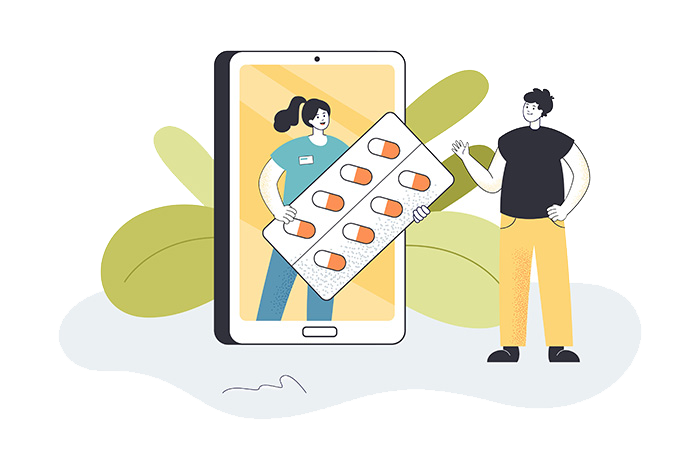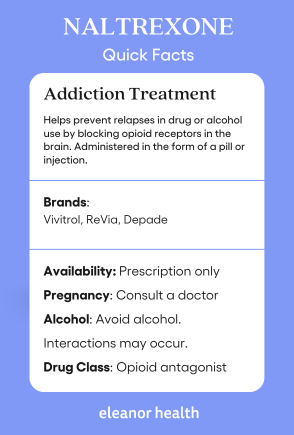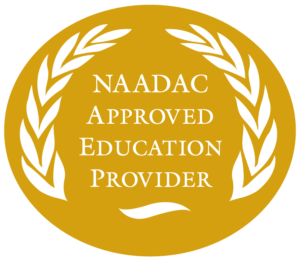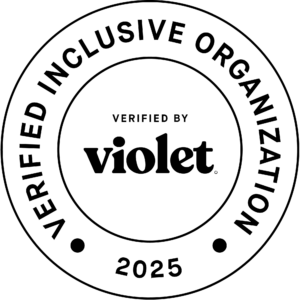What is Naltrexone?
Naltrexone is an effective tool in the management of alcohol addiction and opioid addiction. It strengthens the treatment process by helping people safely and gradually stop using alcohol or opioids.
Naltrexone is sold under the brand names ReVia and Vivitrol and can help with addiction treatment by tremendously decreasing chances of a relapse and improving focus on additional elements of recovery. Among the many benefits of using Naltrexone, the main benefit is that it doesn’t have the potential for misuse, addiction, or dependence.







